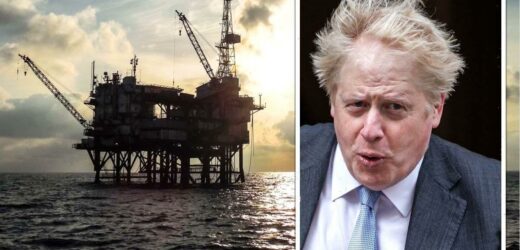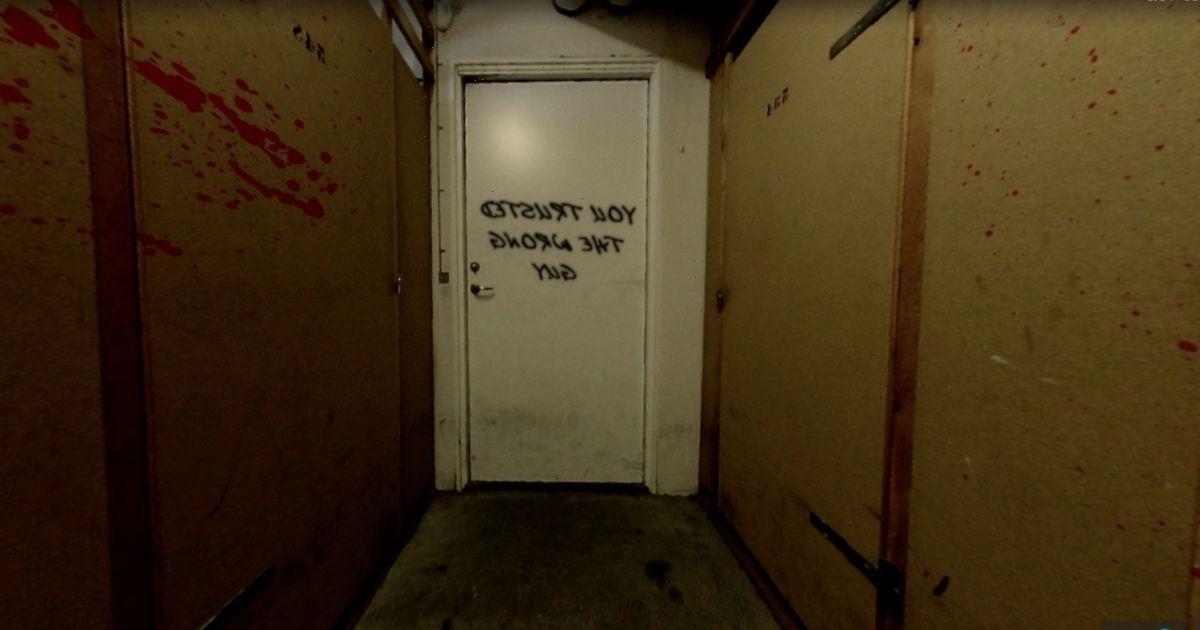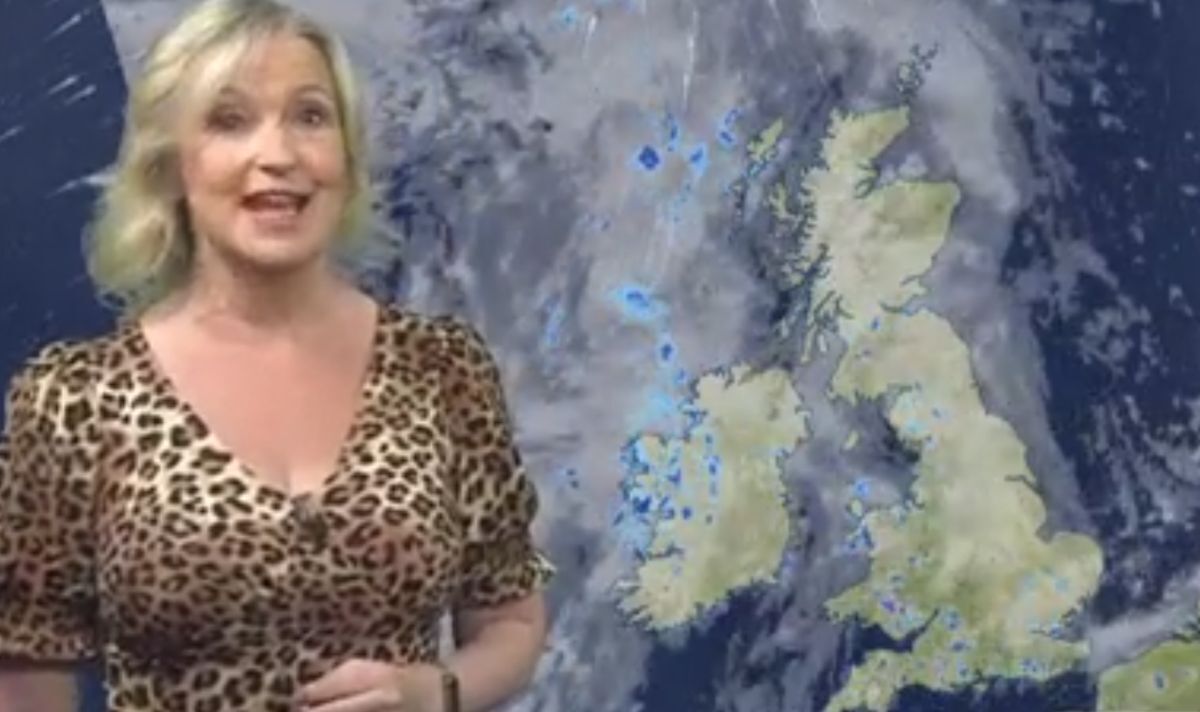Johnson discusses energy strategy at Hinkley Point power plant
We use your sign-up to provide content in ways you’ve consented to and to improve our understanding of you. This may include adverts from us and 3rd parties based on our understanding. You can unsubscribe at any time. More info
The Secretary for the Department for Business, Energy and Industrial Strategy Kwasi Kwarteng announced will launch another licensing round for North Sea projects later this year. The UK will launch more oil and gas projects in the North Sea, in a bid to end the UK’s dependence on Russia’s fossil fuels. Russian President Vladimir Putin has relied on Europe’s dependence on his oil and gas exports to fuel his invasion of Ukraine.
Energy experts from the independent research institute Centre for Research on Energy and Clean Air (CREA) have found Russia earned over €63billion (£52.8 billion) from the export of oil, gas and coal since the war began on February 24.
Fearing that Putin could turn off the oil and gas supply to Europe and spark blackouts, the EU has been hesitant to take action against Russia, and so far largely left the Russian energy sector untouched by sanctions.
Yesterday, Mr Kwarteng announced: “As the Prime Minister and I set out in the Energy Security Strategy, domestic production is now more important than ever, recognising that there will be an ongoing demand for oil and gas over the coming decades as we smooth the transition to cheap, clean, home-grown energy.


Energy experts from the independent research institute Centre for Research on Energy and Clean Air (CREA) have found Russia earned over €63billion (£52.8 billion) from the export of oil, gas and coal since the war began on February 24.
Fearing that Putin could turn off the oil and gas supply to Europe and spark blackouts, the EU has been hesitant to take action against Russia, and so far largely left the Russian energy sector untouched by sanctions.
Yesterday, Mr Kwarteng announced: “As the Prime Minister and I set out in the Energy Security Strategy, domestic production is now more important than ever, recognising that there will be an ongoing demand for oil and gas over the coming decades as we smooth the transition to cheap, clean, home-grown energy.

Mr Kwarteng has also asked energy companies to come up with a plan that set outs how they will reinvest the profits gained from these new projects and “double down on investments in the clean energy transition and importantly accelerate and maximise domestic oil and gas production.”
The Government estimates that 7.9 billion barrels of oil reserves and resources remain under the North Sea, along 560 billion cubic metres of gas.
According to the Energy Security Strategy, “the North Sea will still be a foundation of our energy security but we will have reduced our gas consumption by over 40 percent by 2030.”
DON’T MISS:
UK to avert Russia energy crisis with ‘clean, cheap, sovereign system’ [REVEAL]
London handed 15 minute nuclear warning after Russian threat [SPOTLIGHT]
Germany to soften Russia stance as Scholz’ ‘double-dealing’ [INSIGHT]


The UK’s decision to focus on the North Sea oil and gas extraction as part of its strategy has been controversial.
Previously, climate activist groups placed strong opposition to the development of the Cambo oilfield in Scotland, in a standoff that eventually led to Shell pulling out of the project, citing high costs due to delays.
After facing heavy opposition from climate change protestors, the development of the oil field was put on hold when Shell pulled out.
Source: Read Full Article


